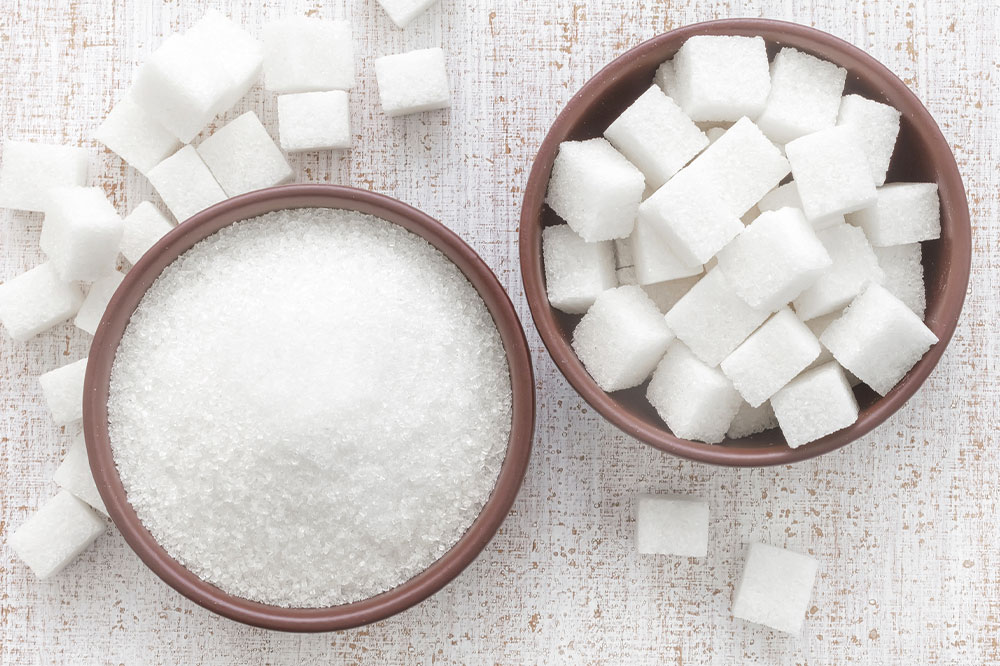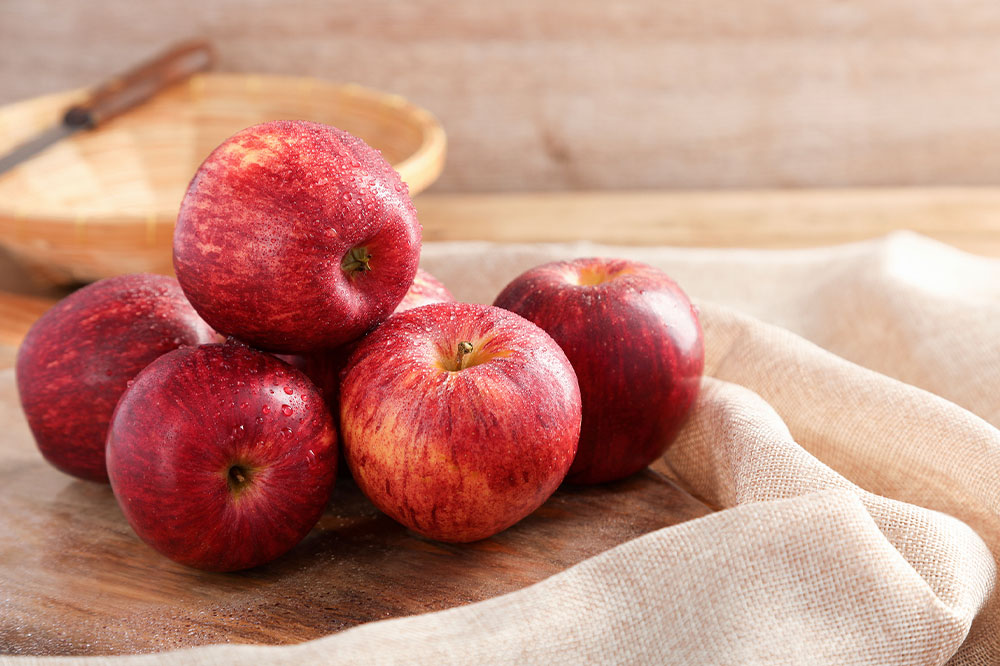Foods to avoid for managing multiple sclerosis

The National MS Society describes multiple sclerosis (MS) as an immune-mediated condition in which the body’s immune response targets the central nervous system (CNS). Most of us know that eating some meals can help us stay healthier, while eating others can harm our well-being. The food one eats may matter considerably more if one has multiple sclerosis. The following is a list of things that one may wish to cut out of their daily meals.
Dairy products
In addition to saturated fat, dairy products also include proteins that could be harmful to some MS patients. It is important to ensure that one is receiving enough calcium, protein, and vitamin D from other nutritional sources if trying to avoid dairy products to see if it improves MS symptoms. Compared to dairy milk, soy, almond, and cashew milk contain more calcium, making them suitable substitutes, particularly if one suspects they may be lactose intolerant.
Sugar
Simple sugars should be avoided since they can cause a blood sugar imbalance. According to research, MS patients who frequently consume sugar-sweetened foods and beverages experience more severe symptoms and a higher level of disability than MS patients who rarely eat or drink anything with added sugar. It is vital to keep weight in check as it may make it more difficult for a person with MS to move around and carry out regular chores.
Processed foods
Foods that have undergone extensive processing typically contain various chemicals to extend their shelf life and alter their flavor and color. These commonly used additives in processed foods can harm intestinal mucosa, reducing the strength of our natural immune system. Immune balance is necessary to avoid MS and slow or stop MS progression. The regular consumption of foods containing industrial food additives alters the permeability of the intestine’s tight junction, which may be the cause of the increased prevalence of autoimmune illnesses, including MS.
Monosodium Glutamate (MSG)
Monosodium glutamate (MSG), a dietary ingredient, has long been the subject of heated discussion regarding its potential health implications. In healthy individuals, the effect may be negligible to nonexistent, according to the majority of studies. But the immune system of MS patients is likely to react improperly to the chemicals that make up MSG.
The excitatory neurotransmitter MSG has the potential to harm neurons. It’s critical to stay away from MSG because MS is a condition where neurons have already suffered damage. MSG is mainly used as a flavor enhancer in packaged savory snacks and as an addition to some Chinese dishes. Always read the labels of the goods one buys, and steer clear of anything ordered from a restaurant that might contain MSG.
Refined carbs
Avoid eating white bread, white rice, and cold cereal for breakfast. These refined carbohydrates have the potential to quickly raise blood sugar levels and harm the cardiovascular system. Try replacing them with healthy alternatives such as whole-grain loaves of bread, brown rice, barley, and pasta. Another benefit is that whole grains are high in fiber, which keeps one fuller for longer and can help manage constipation, a symptom of MS.
Refined grains
Because they also raise blood sugar levels, processed carbohydrates are among the worst foods for multiple sclerosis. Spikes in blood sugar can harm the myelin sheath of the brain cells and result in malfunction. Since MS is a neurological disorder, it’s crucial to stay away from foods such as refined grains that could harm cells and speed up the course of MS. Avoid all refined grains, white bread, potatoes, and white rice.
A vital component of any strategy to help manage MS and maintain a higher quality of life is adding or avoiding foods with the guidance of a healthcare practitioner. Consider avoiding the foods mentioned above to effectively manage multiple sclerosis.









